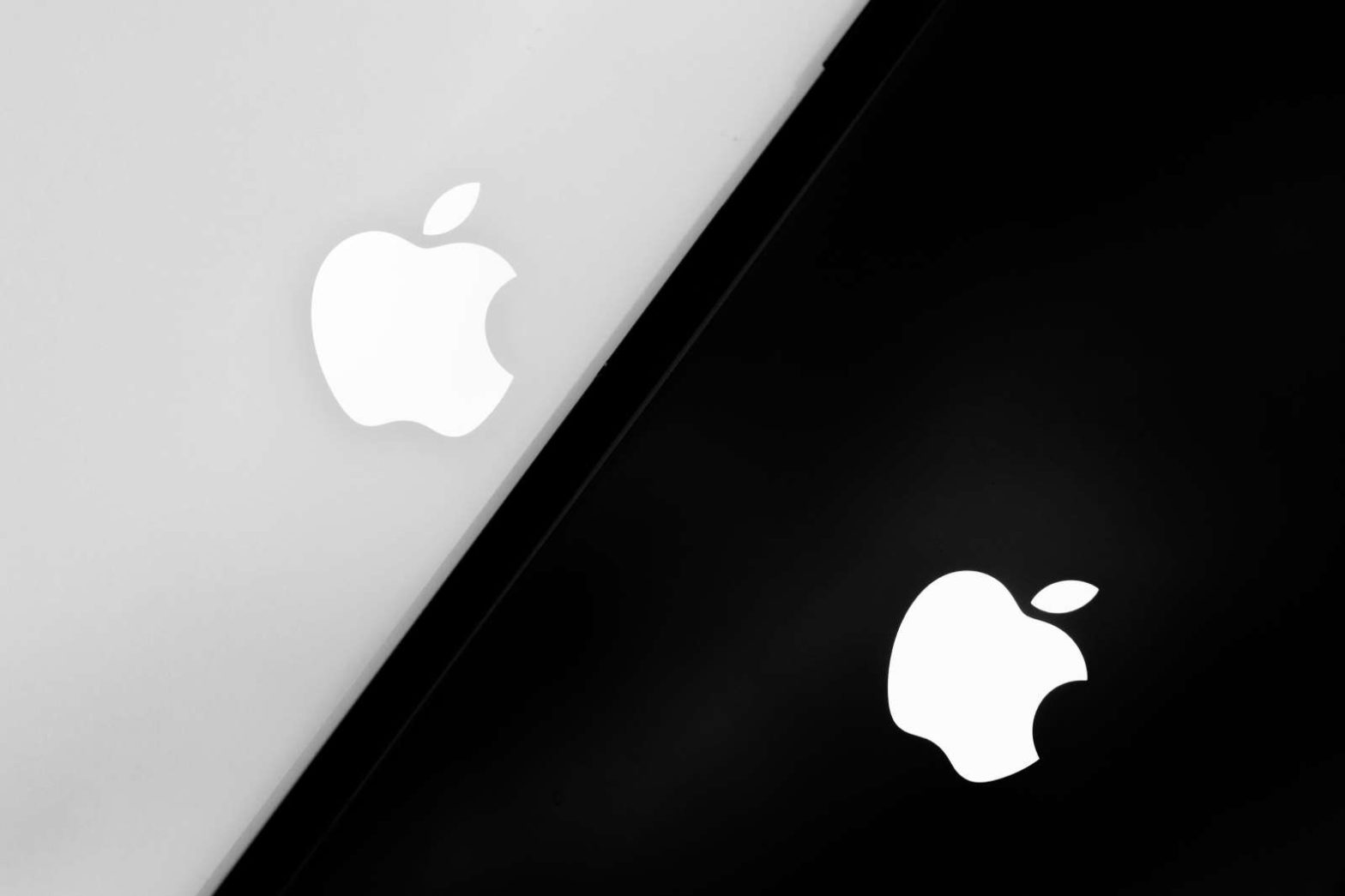Just two years ago, Wall Street investors pushed Apple to a trillion-dollar market capitalization, making it the most valuable tech company in the world.

At around 7:53 a.m. PT on Wednesday, Aug. 19, Apple’s stock hit $467.55 a share, which when multiplied by the roughly 4 million shares outstanding as of June 27, values Apple at $2 trillion, give or take a few dollars. The move came before the company’s planned stock split on Aug. 24, which will multiply the number of shares by four and divide each share’s value by four. Apple said it initiated the stock split to make it easier for more people to buy shares in the company.
The milestone is largely symbolic. Still, it highlights Apple’s unlikely rise from near bankruptcy in 1997 to being a titan of industry today. Apple’s success has largely been attributed to the leadership of people including Steve Jobs , the company’s co-founder and former CEO, former design chief Jony Ive and current CEO Tim Cook .

Under Jobs, Apple released well-regarded products such as the Macintosh computer in 1984, the iMac in 1997, the iPod in 2001, the iPhone in 2007 and the iPad in 2010. Ive and Cook worked with Jobs after his other computer company, NeXT, was purchased by Apple in 1996.
At $2 trillion, Apple’s value is greater than the economies of all but eight countries, according to data collected by the World Bank. Apple follows Saudi Aramco, a multinational oil and gas company based in Saudi Arabia, in reaching the milestone. Saudi Aramco reached $2 trillion on its second day of trading on the Saudi stock exchange after holding the biggest IPO in history, raising $25.6 billion in share sales.
“Financial returns are simply the result of Apple’s innovation, putting our products and customers first, and always staying true to our values,” Apple CEO Tim Cook wrote in a memo to staff after the company reached $1 trillion, according to Reuters. Cook has frequently said that investors looking for Apple to focus on stock performance rather than its products shouldn’t invest in the company.
The move also comes just as Apple is expected to release its highly anticipated 5G iPhone, supporting next-generation cellular wireless data speeds potentially 10 times faster than the rate at which phones can download today.

